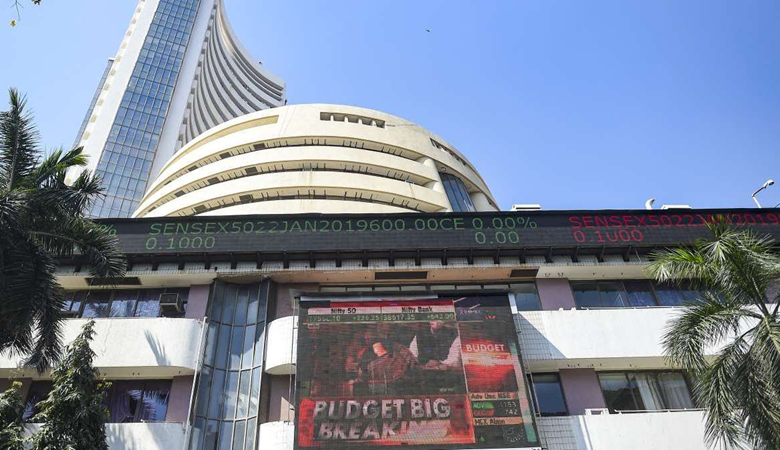Sensex Plummets 1,200 Points, Nifty Drops 1.77% Following STT and LTCG Hikes

News Mania Desk/Agnibeena Ghosh/23rd July 2024
On July 23, 2024, the domestic stock market experienced a significant downturn as the Sensex and Nifty both plummeted following Finance Minister Nirmala Sitharaman’s announcement of increased taxes in the Union Budget 2024-25. The BSE’s 30-share index, Sensex, plunged over 1,200 points, a drop of 1.6%, reaching an intra-day low of 79,224.41. Similarly, the NSE’s Nifty fell by 435.09 points, or 1.77%, hitting a low of 24,074.2. Despite this sharp decline, both indices managed to recover slightly later in the day.
The market’s reaction came on the heels of Sitharaman’s proposal to hike the securities transaction tax (STT) on futures and options (F&O) segments and to adjust the long-term capital gains (LTCG) tax on both financial and non-financial assets. Specifically, the STT on futures and options of securities was proposed to increase to 0.02% and 0.1%, respectively.
STT, a direct tax imposed on the purchase and sale of securities listed on stock exchanges, saw its rates revised from the previous 0.0125% on the sale of futures in securities. The tax on the sale of an option in securities was increased from 0.0625% (on the seller) and 0.125% (on the purchaser when the option is exercised).
This adjustment in STT rates has been attributed to the rising volumes in the F&O segment, which has raised concerns for market regulators, including the Securities and Exchange Board of India (SEBI) and the Reserve Bank of India (RBI). The increased activity in this segment is believed to contribute to higher market volatility, prompting the need for regulatory intervention.
Additionally, Sitharaman announced an increase in the LTCG tax on all financial and non-financial assets from 10% to 12.5%. She also specified that short-term capital gains on certain financial assets would now attract a tax rate of 20%, while other financial and non-financial assets would continue to be taxed at the existing applicable rates.
To provide some relief to lower and middle-income classes, the Finance Minister proposed raising the exemption limit of capital gains on certain financial assets to Rs 1.25 lakh per year. This move aims to alleviate the tax burden on smaller investors, who are more sensitive to capital gains tax changes.
The market’s sharp reaction to these tax hikes underscores the sensitivity of investors to fiscal policy changes that directly impact transaction costs and investment returns. The initial drop in the Sensex and Nifty reflects investor concerns about the increased cost of trading in the F&O segment and the higher tax burden on long-term investments.
As the market continues to digest these announcements, it remains to be seen how these tax changes will influence trading volumes and investment strategies in the longer term. Market participants will likely reassess their positions and strategies to adapt to the new tax regime.
Overall, the Finance Minister’s proposals mark a significant shift in the tax landscape for investors, emphasizing the government’s intent to curb excessive trading activity in derivatives and ensure a more stable financial market environment. The subsequent market recovery suggests that while the immediate reaction was negative, investors are cautiously optimistic about adapting to the new fiscal policies.






